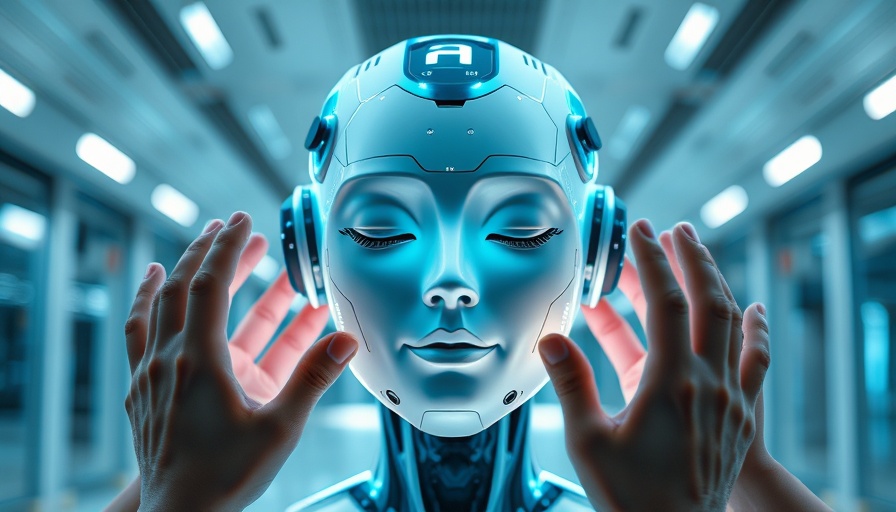
AI Agents: Transforming the Future of Construction
In recent years, artificial intelligence (AI) has evolved from a futuristic concept to an essential tool in the construction industry. Where once it seemed daunting, generative AI now stands as a beacon of innovation, especially for construction companies looking to gain a competitive edge. Imagine a construction site where autonomous robots handle tasks like layout, staging, and even installation, while drones meticulously inspect projects from above. This vision isn't just fantasy; it's becoming increasingly plausible, as AI tools are integrated into daily operations.
The Role of Agentic AI in Construction
At the forefront of this revolution is agentic AI, which empowers construction firms to automate and optimize workflows. Unlike conventional AI applications, agentic AI can perform complex tasks with minimal human intervention. Imagine AI tools that, rather than providing simple answers, can map out detailed plans based on user prompts and execute multiple downstream actions, tapping into an organization’s private data and operational insights. This shift is significant; it enables firms to handle intricate challenges without the need for constant human oversight, ultimately saving time and resources.
Generative AI: A Game Changer for Efficiency
Generative AI, an extension of the broader AI spectrum, is rapidly transforming construction project management. As firms grapple with increasingly complex projects and deadlines that seem to tighten by the day, generative AI can streamline operations by analyzing vast datasets. By synthesizing information from various sources—emails, design plans, and project documents—AI can help teams identify potential pitfalls before they occur. The technology not only enhances current processes, it also offers opportunities for training new workers to fill gaps left by the retiring skilled workforce. According to construction industry experts, the sector could benefit significantly by implementing AI solutions, especially in addressing the critical labor shortage.
Challenges to Adoption and Integration
However, despite the clear advantages, the path to adopting AI in construction is fraught with challenges. Construction firms often face high initial costs for implementing AI technologies and must navigate issues related to data quality and accessibility. With data typically fragmented across various formats and platforms, ensuring consistency is crucial for effective AI integration. Moreover, resistance from employees accustomed to traditional methods can hinder progress. As firms strive for digital transformation, fostering a culture of innovation through training and change management is essential for success.
The Future of Construction: Embracing Digital Twins and Automation
The future looks bright for construction firms willing to embrace these technologies. With the integration of digital twin technology and smart buildings, generative AI has the potential to streamline operations significantly, from the design phase to project execution. This evolution not only focuses on maximizing efficiency but also emphasizes sustainability, which is becoming increasingly important in the construction industry. By leveraging AI-driven insights, construction projects can minimize waste and optimize resource allocation, ensuring that operations are environmentally friendly and cost-effective.
Conclusion: The Call to Innovate
A pivotal moment in construction is upon us, and the sector must adapt to survive competitive pressures and meet emerging demands for sustainability and efficiency. By adopting generative AI tools and fostering a culture of continuous improvement, construction firms can position themselves as industry innovators. As the integration of AI becomes more prevalent, organizations must invest time, resources, and training to ensure a smooth transition and reaping the extensive benefits this technology can offer.
 Add Row
Add Row  Add
Add 




 Add Row
Add Row  Add
Add 

Write A Comment